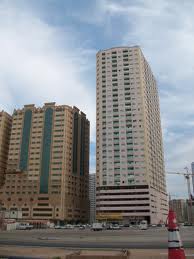
Shrajah, April 13: Police are investigating the death of three people who allegedly fell from high buildings in different parts of Sharjah on Wednesday.
In the first incident, a 40-year-old Yemeni, identified as Samir Salih, allegedly fell from the 12th floor of the Abu Jumaizah building in Al Majaz area. The police rushed to the scene after the operation room received a call from a passerby at 7pm about the incident. The police found the man dead on the spot. Salih had been living with his parents, sisters and brothers. His family members are being questioned by the police.
In the second incident, a 29-year-old Bangladeshi died after a fall from a building near Sahara Centre while carrying out maintenance work. The police operation room received a call regarding the incident at 2.45pm. The man, identified as Ismail Mohammed Ihab, died instantly.
In the third incident, a 32-year-old Indian died after falling from a high level and being hit by an iron bar while carrying out some construction work at a villa in Al Suwaihat area. The incident took place at 5.45pm.
The police official said all accidents took place in a short span and were dealt with professionally. Anjad Patrol, forensic experts and CID officers all worked on the investigations and gathered information about the deaths. The bodies were all shifted to the forensic laboratory.





Comments
Add new comment